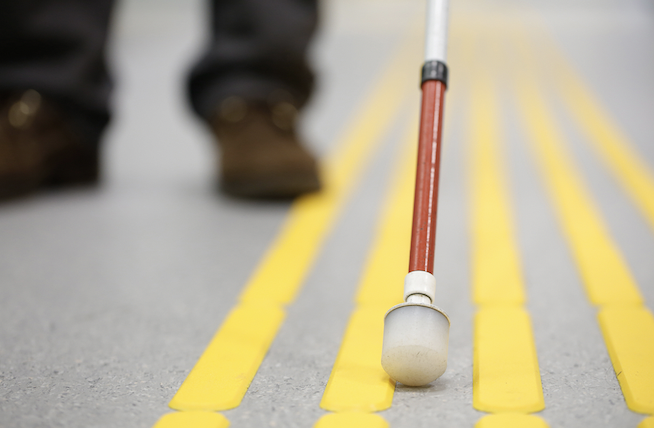Consequences of Access Barriers

Participants next indicated which negative impacts they experienced as a result of digital access barriers, and could check as many as they wished. The three most commonly cited negative impacts included (1) taking longer than a sighted person to complete tasks; (2) frustration with inability to complete tasks independently; and (3) missing out on important information due to accessibility issues. More than 60% of participants affirmed that they have less choice in which companies to utilize than their sighted peers do because of accessibility concerns. Other impacts cited by at least half the sample included needing to wait for a sighted person to assist with websites or apps or losing privacy because they needed to get human support with personal tasks. Additionally, about one-fourth of participants cited the need to pay for human assistance with inaccessible websites or apps as a consequence of access barriers. Table 14 lists the percentage of participants who endorsed each consequence.
Table 14: Consequences of Access Barriers
| Consequences | Websites | Apps |
|---|---|---|
| It takes me longer. | 309 (88.8%) | 246 (83.1%) |
| I’m frustrated that I can’t complete tasks independently. | 275 (79%) | 230 (77.7%) |
| I miss information. | 234 (67.2%) | 190 (64.2%) |
| I can’t complete tasks. | 231 (66.4%) | 187 (63.2%) |
| I have to wait for a sighted person. | 228 (65.5%) | 199 (67.2%) |
| I have less choice in companies. | 204 (58.6%) | 185 (62.5%) |
| I have less privacy. | 191 (54.9%) | 165 (55.7%) |
| I feel socially excluded. | 156 (44.8) | 146 (49.3%) |
| I’m less productive at work. | 115 (33%) | 94 (31.8%) |
| I have to pay for assistance. | 94 (27%) | 70 (23.6%) |
Participants were also invited to share open-ended comments on how website and app accessibility or usability challenges impact their everyday lives. Again, patterns of response were similar for websites and mobile apps. Regarding websites, 16 participants mentioned being unable to complete or taking longer to complete work, school, or trainings due to lack of accessibility, and 13 participants mentioned feeling ashamed, frustrated, or being reminded that they are not “equal” to their sighted peers, especially when it takes them longer or they are unable to complete given tasks.
One participant wrote that “Inaccessible Web sites make me feel ashamed because I can't understand the site as sighted people can. I feel inferior to sighted people. They also make me feel inadequate.” Another participant stated that “the difficulty in accessibility means that I have to spend many hours doing something that should take minutes and many times I end up not doing [it] out of frustration. There have been many times when I am trying to purchase an item and I end up not getting it or switching to another company because of the inaccessibility of the website or application.” Regarding an experience with mobile apps, another participant provided this example, "It's frustrating when I have filled my shopping cart with groceries and other items, only to find that I am unable to access my cart and check out because ads are in my way, and there’s no way to get past them.”